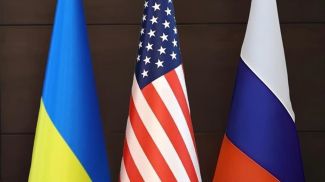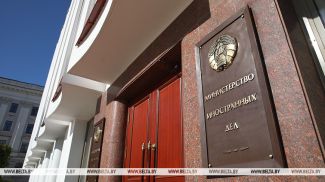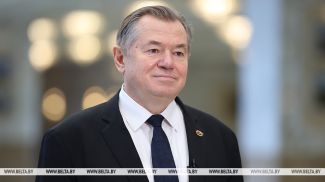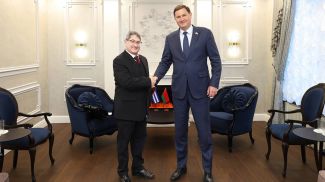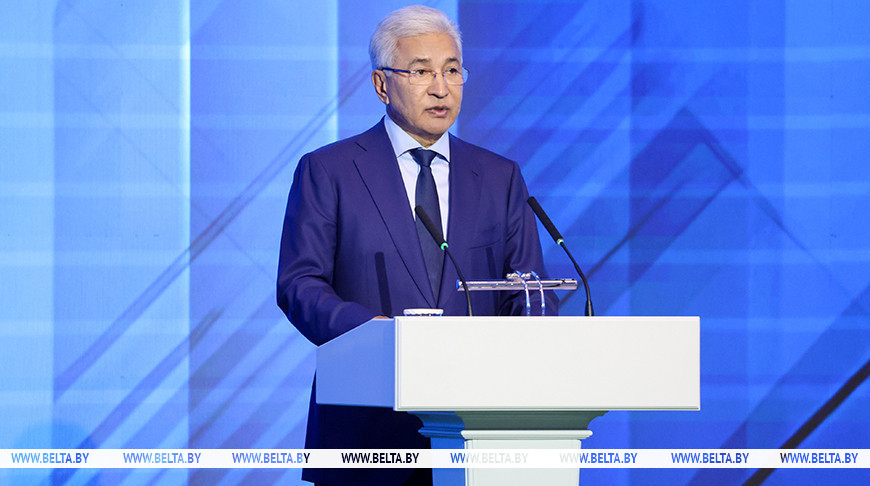
Imangali Tasmagambetov
MINSK, 28 October (BelTA) – Work continues to extend the current CSTO collective security strategy, CSTO Secretary General of the Collective Security Treaty Organization Imangali Tasmagambetov said at the 3rd Minsk International Conference on Eurasian Security, BelTA has learned.
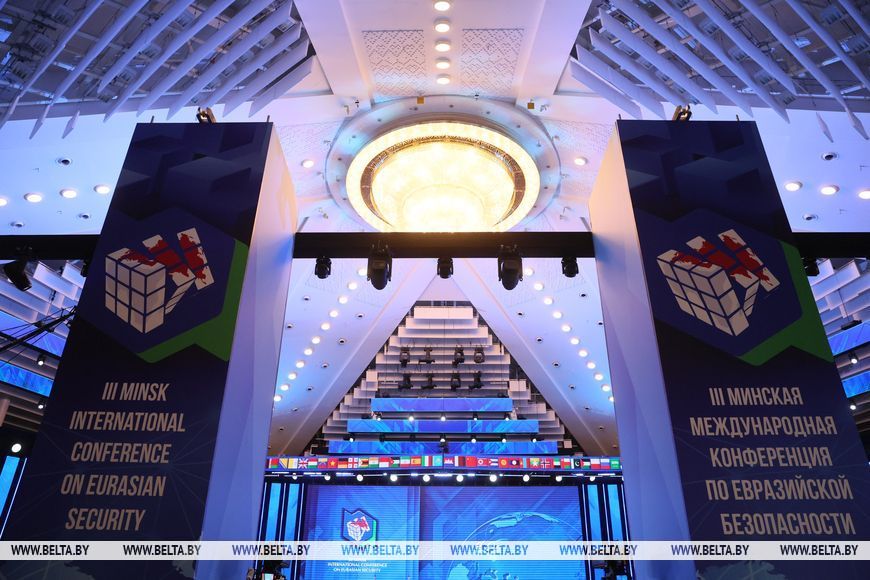
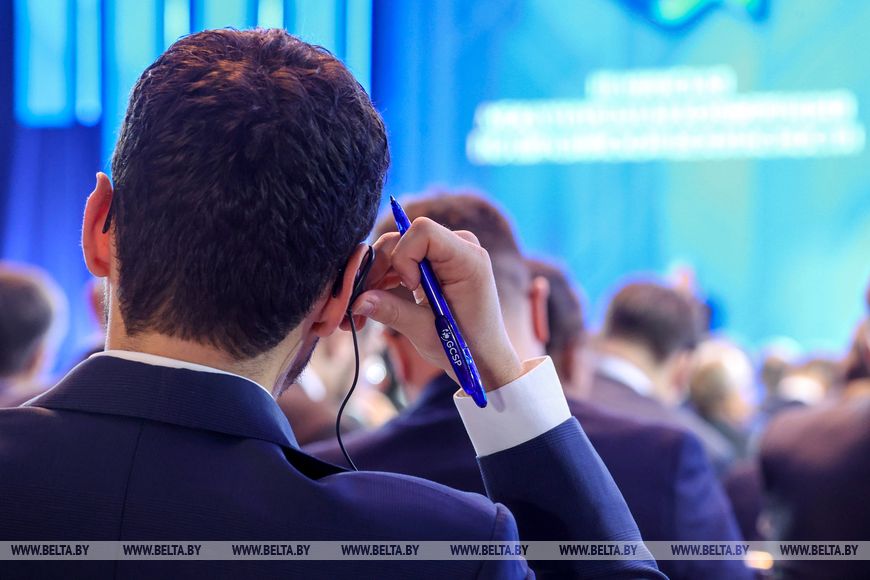
“On the initiative of the Belarusian president, we are actively working to extend the current CSTO collective security strategy through 2025. Its essence is to preserve the most important provisions of the current document and bring its content in line with the need to effectively respond to the latest challenges and threats in collective security of the member states of the organization,” Imangali Tasmagambetov said.
In this context, it is planned to continue building up the combat potential of the CSTO collective forces, including by equipping them with modern reconnaissance systems, electronic warfare systems, and so on. “This implies improving training programs for military personnel for the armed forces of the CSTO member states, taking into account modern achievements of military science, technology and best practices,” he explained.
The CSTO secretary general noted that the Yalta-Potsdam system of international relations, which was formed following the end of World War II, is now seriously unbalanced. The Treaty on Conventional Armed Forces in Europe, which for decades served as the cornerstone of European security, has been destroyed. Some European politicians are pushing for the militarization of the economy, talking about the possibility of strengthening their own security through new weapons systems, including acquiring their own nuclear weapons or hosting nuclear weapons of other states.
“We are seeing an increase in the number of regional conflicts, and we note the emergence of qualitatively new challenges and threats to the security of allies. We are particularly concerned that zones of instability are getting closer to the CSTO members’ borders. The temptation to adopt new types of highly destructive systems is becoming a reality. Defense spending in the world is hitting historical records. Military space activities are intensifying, and new types of lethal autonomous systems are emerging,” Imangali Tasmagambetov said.

According to him, the Internet is actively used to influence the domestic political situation in sovereign countries and damage their economic, military and other interests. Artificial intelligence and self-learning systems are increasingly used for military purposes. In addition to the increasingly complex military aspects of security, the growing threats in the biological, international, information and other areas require timely coordinated actions.
The threat of international terrorism and related extremism, drug trafficking, cross-border movement of militants, and illegal financial operations persists, also requiring close attention from the allies in the CSTO.
The CSTO secretary general emphasized that the organization he leads has a positive track record. Within the borders of the CSTO member states, over the more than 30 years of the existence of the Collective Security Treaty, the organization managed to prevent or significantly mitigate crisis situations. Of course, priority is given to preventive political and diplomatic methods of resolving interstate contradictions. At the same time, the CSTO crisis response system continues to be improved.






